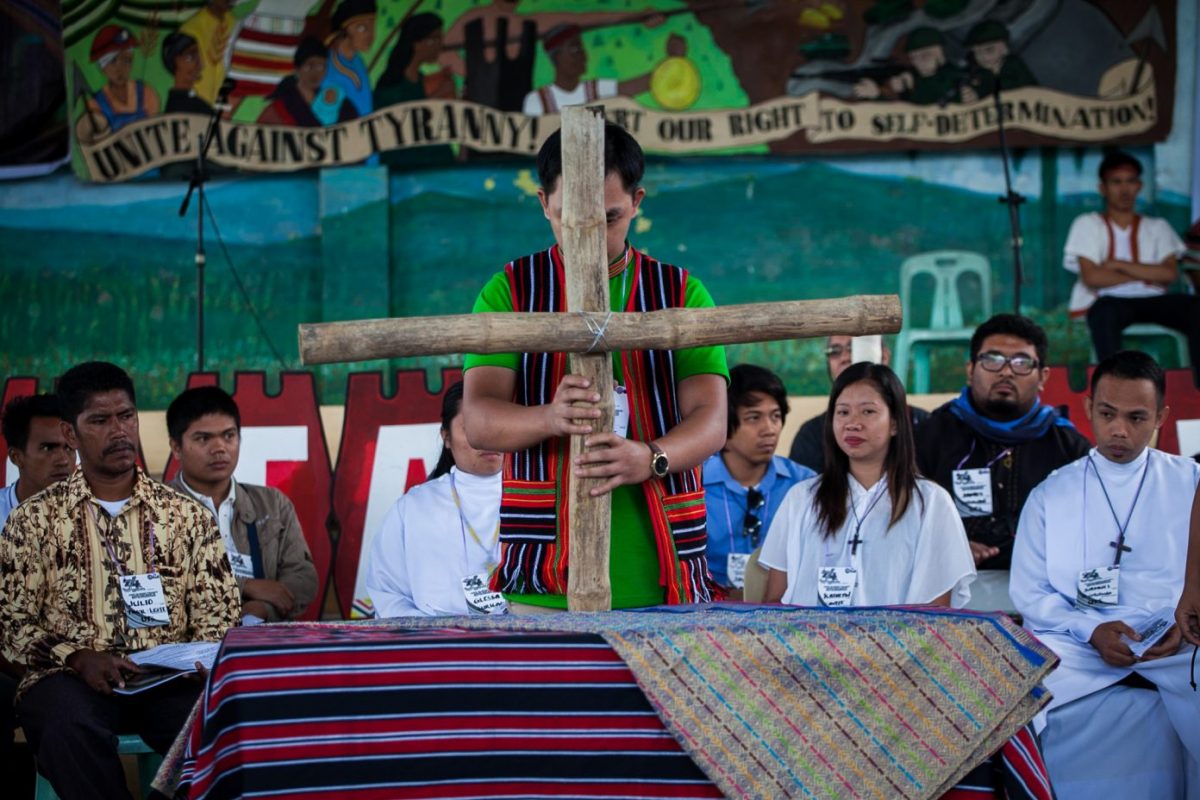Amid ongoing tensions between national development and Indigenous rights, a new study highlights the urgent need to restore and redefine Indigenous land theology in the Cordillera region of the Philippines.
Published on March 5 by the Asian Research Center for Religion and Social Communication at St. John’s University in Bangkok, Thailand, the research examines how large-scale projects threaten Indigenous lands, identities, and cultural heritage.
The study, “Daga Mi, Kataguan Mi” (Our Land, Our Refuge): Discoursing Laudato Si’ Toward a More Meaningful Indigenous Theology of Land in the Cordilleras, by Joefrey M. Almazan and Kurt Wanas Klyde Peningeo, critically examines how large-scale development projects—often backed by the government and private entities—threaten Indigenous lands, identities, and cultural heritage.
Development vs. Indigenous rights
For decades, Indigenous communities in the Cordillera highlands have fought to defend their ancestral lands against mining, infrastructure expansion, and commercial agriculture.
The study underscores that while economic development is essential, it must not come at the cost of displacing Indigenous peoples or disregarding their deep-rooted connection to the land.
“Land is not just a physical resource for Indigenous communities—it is their identity, livelihood, and way of life,” the authors emphasize. “Losing their land would mean losing a significant part of their existence.”
Laudato Si’ and call for justice
Inspired by Pope Francis’ encyclical Laudato Si’, the research calls for a shift in perspective—urging policymakers, Church leaders, and the global community to recognize Indigenous peoples as principal dialogue partners in decision-making processes that impact their territories.
Laudato Si’ highlights the moral imperative to respect Indigenous cultures and traditions, particularly when large projects threaten their way of life.
The authors advocate for a more relevant and meaningful Indigenous land theology, integrating Catholic social teaching, environmental ethics, and Indigenous spirituality.
They propose that policies should not only consider economic progress but also uphold justice, sustainability, and the dignity of Indigenous communities.
Call to action
As governments push for large-scale development, the study urges greater awareness and proactive engagement from both civil society and religious institutions.
Upholding the rights of Indigenous peoples is not merely a legal obligation but a moral responsibility deeply rooted in Catholic teachings and global human rights frameworks.
The full study is available through the social media pages of the Asian Research Center for Religion and Social Communication at St. John’s University, Bangkok.







